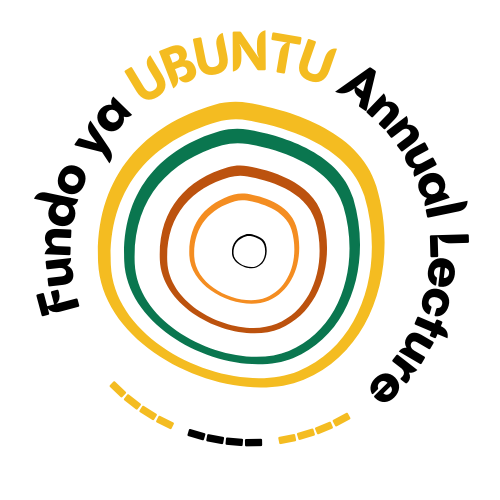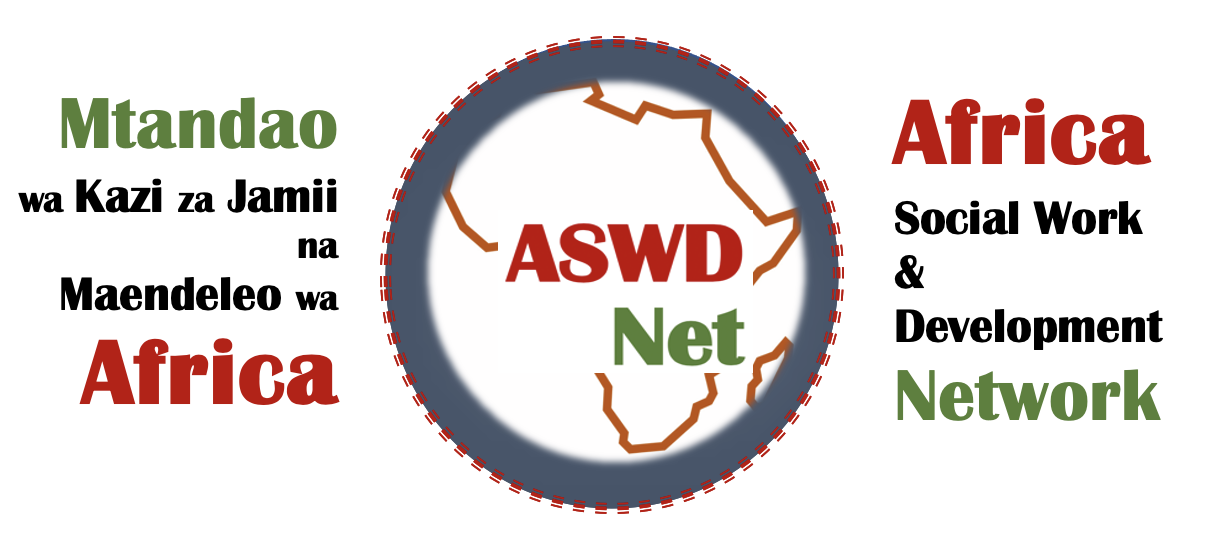Lovemore Mbigi

Professor Lovemore Mbigi was a social worker, philosopher, theorist, consultant, entrepreneur and motivational speaker whose work in South Africa has focused on Ubuntu inspired management. He was born in Zimbabwe.
Mbigi’s ubuntu philosophy of management
His major argument was that Africa has its own management philosophy, and therefore African managers, governments and companies will not succeed by using foreign philosophies in Africa. This argument is really useful for social work, because most subjects on social work management use management philosophies from western countries yet we have our own philosophies. In social work training the works of Mitzberg, Taylor, Weber, McGregor, Maslow or Fayol is often seen in course outlines, despite being outdated, this work does not align with African values. This is what Mbigi challenged, his African dream in management. Western and eastern methods should not replace or override ubuntu, they need to be put in the context of ubuntu if they are useful. Imitation should be avoided. There are several concepts, and theories to his Ubuntu management philosophy, important theories for social work and development are:
- Ubuntu management theory: Social and political innovation are more challenging but yet more useful than technical innovation. Managers need to balance social, political and technical innovation to succeed. An example of social innovation is using ubuntu in management, this is achieved by using the social experience of Africans in management. This experience includes oral literature (metaphors, proverbs, maxims etc), rituals, ceremonies, spirit, music and dance. The role of managers is to facilitate the development of spirited and caring organisations. This is a source of motivation for workers.
- Masibambane theory, which means ubuntu-inspired business culture marketing, leadership, accountability, training and production. African organisations must be inspired by Africa’s own cultural heritage. African organisations can only compete in the global market by using a uniquely African management concept, embedded in the philosophy of Ubuntu (Mbigi, 1997).
- Chara chimwe theory: Collective leadership and decision making is important. Collective fingers theory (chara chimwe hachitswanyi inda) – Survival, Solidarity, Compassion, Respect and Dignity (Mbigi, 1997). All five fingers work together to achieve greater things. Cultural diversity should be valued in organisations.
- Shadow corpse theory – often, when organisations are not functioning, there is a ‘shadow’. This is an Africa metaphors, proverbs or maxim that says if a person dies and their shadow is seen, then there are unresolved issues. Mbigi says if an organisation is not doing well, there will be a shadow, and it will not go away until issues are resolved. This metaphor helps in diagnosing organisational problems.
- Nhorowondo theory – understand organisations, needs, motivations, processes and phenomena in their context. Family, community and culture are key considerations in Africa.

Another concept that he used in his management philosophy were harambe which means progressing by working together. Mbigi did not start harambe, but only added it to his management philosophy.
His view was these theories and practices give organisations a competitive advantage, improves production and are a good basis for effective human resource management.
“Western genius in management lies in technical innovation. The Asian genius lies in process improvement. The African genius lies in people management”, (Mbigi, 2000).
“Although African cultures display awesome diversity, they also show remarkable similarities. Community is the cornerstone in African thought and life (Mbigi, 2005, p. 75).
Mbigi’s model is an important tool in decolonising management and make organisational processes more humane. It is also important to increase productivity in the social services, management of workers, development of organisations and engagement with people who use our services. It is time to teach African management philosophies.
Questions for students and researchers
- Discuss any 5 theories of the ubuntu management philosophy.
- Research the relevance of Mbigi’s theories of management in any organisation of your choice.
- State three ubuntu values and discuss how they increase productivity in an organisation.
- How useful is this statement to a foreign manager working in several African communities: “Although African cultures display awesome diversity, they also show remarkable similarities? Community is the cornerstone in African thought and life (Mbigi, 2005, p. 75).”
- Why is it important to include workers, service users and community leaders in the decisions an organisation takes?
- Research the management styles of six organisations and analyse these using Mbigi’s framework.
- Shadow corpse theory – often, when organisations are not functioning, there is a ‘shadow’. How true is this statement?
- There are several ubuntu strategies for training and team building. Choose five and discuss.
- Mbigi’s theory will resonates with me and my experience as an African. Discuss.
- What motivates workers, volunteers and the community to participate or be attached to an organisation providing social services?
References and Major Works
Mbigi, L. (1997), The African Dream in Management. Randburg: Knowledge Resources.
Mbigi, L. (2000), In Search of the African Business Renaissance. Randburg: Knowledge Resources.




These cookies allows you to comment on posts and pages.